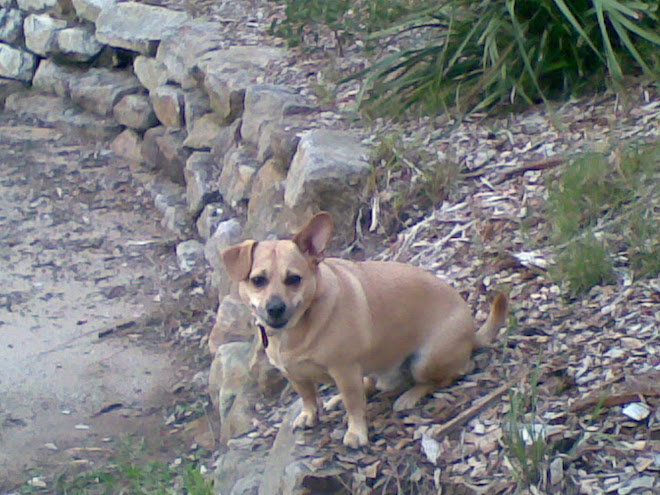Web Index or Search Engine – uses ‘spider’ crawler’ and ‘robot’ software to list the words in the search box with all available web pages. This search tool collects the largest amount of information on the web but doesn’t list everything. Search engines search billions of websites that have the search word in its metadata and are used for quite narrow and/or specific searches.
Web Directory – More selective than indexes, web directories search in categories and/or classifications. Searching for the best website on a particular topic would be suited to this search tool. Best used for broad & general searches.
Specialized Database – provides in-depth results for very specific focused searches. This search tool will find specific factual information not easily found by other search tools. In this search tool using alot of search terms may not always yeild the best results. Start with only a few search terms.
Meta Searcher - is a convenient tool that allows you send your search word to many different search tools (or specify exactly where to send your search) then group together the search results. If two same results are given, meta searcher will collate the results so you only view a repeated web site result once. to construct a search and then forward it to many different Web Indexes and Directories at once. Meta means 'more comprehensive'.
Search tips:
- Use as many search words as you can think of to describe your topic Put the best words first; those that are unique, important and explicit in description.
- Be specific avoid common or vague words (maybe even remember the ‘old word’ rule.
- If search results require the search words to be shown in the exact order they appear in the search bar place them in inverted coma's ""
- Use correct syntax: For example the NEAR Boolean operator cannot be used in google (an asterisk is used instead)
- In some cases it may prove benefitial to limit your search by domain, country of origin, date, format, language and occurrences.
- Search within results. This method can assist in narrowing a search but will require new search terms.
Examples:
To use all the search words: bowl AND championship or +bowl +championship. To find any of the search words; Buckeyes OR Bucks.
To eliminate words from search results: bowl NOT Rose or +bowl -Rose
B.I.L.S
Sometimes searching a subject yeilds better results then searching with terms. Search words are hit and miss. Subject searching can provide more complete and comprehensive results. B.I.L.S is a helpful tool to assist in finding good subject headings to use in search tools.
B – Browse a keyword search results.
I – Identify a relevant result. You may need to browse first to find one that best represents what you are seeking.
L – Look at the subject terms used in this result and select any that seem relevant to you topic to use in the next step S – Search using the terms you collected in the previous step for more focused results.
Quiz from http://gateway.lib.ohio-state.edu/tutor/les5/ Tutorial
I score 73%, 3 out of 5 answers correct on the first attempt.
Clusty - Web index (Incorrect, it’s a Meta Searcher. How can you tell?? It looked like google!)
The National Gallery of Art – Web Directory (incorrect, it’s a Specialized Database)
Librarians Index to the Internet – Web Directory (correct)
Ask.com – Web Index (correct)
Occupational Outlook Handbook – Specialized Database (correct)
Pop Quiz's from http://gateway.lib.ohio-state.edu/tutor/les5/ Tutorial
Which type of tool is best for a broad (general) query? Web Directory (Correct)
A search within a Web directory generally finds your search words in: Both are correct (Correct)
To determine which Web pages are most relevant, search engines may use: Algorithms (Correct)
A meta-searcher gives results from: Web Indexes and directories (Correct)
Which search will work best to find the home page of the World Conservation Union? "World Conservation Union" (Correct)
Specialized databases are: Focused (Correct)
Which type of database provides descriptions of published works, like books and articles? Bibliographic (Correct)
When you do a "subject heading" search, you are searching: Anythin in the record (Incorrect) You are searching controlled vocabulary for that database.
How many search terms should you use in a specialized database? Only a few (correct)
To locate a specialized database, search: Library Web Site (Incorrect) Any website will work.
Searching the Web Task
1. Choose your most commonly used internet search engine and do a search with words of your choosing.
My most commonly used search engine is Google. The search terms I chose were 'Internet Culture'
Record the first hit and number of hits in your learning log
First hit on Google: http://en.wikipedia.org/wiki/Category:Internet_culture
Number of hits from Google: Results 1 - 10 of about 41,000,000 for Internet Culture
2. Using copernicus or similar, set it up to search at least three search engines (including one that will search the 'deep web') and repeat eactly the same search
First Hit on Copernicus: http://en.wikipedia.org/wiki/Internet_culture
Number of hits: Copernic found 417,000,000 results for Internet Culture
First hit on Deep Web search engine: http://www1.au.shopping.com/xGS-culture~NS-1~linkin_id-8025953
Number of hits on Deep Web search engine: 41
I was unable to add the Deep Web search engine into the trial version of Copernic so I ran it as a sepearate search. The deep web search tool I used was http://turbo10.com/

.jpg)
No comments:
Post a Comment